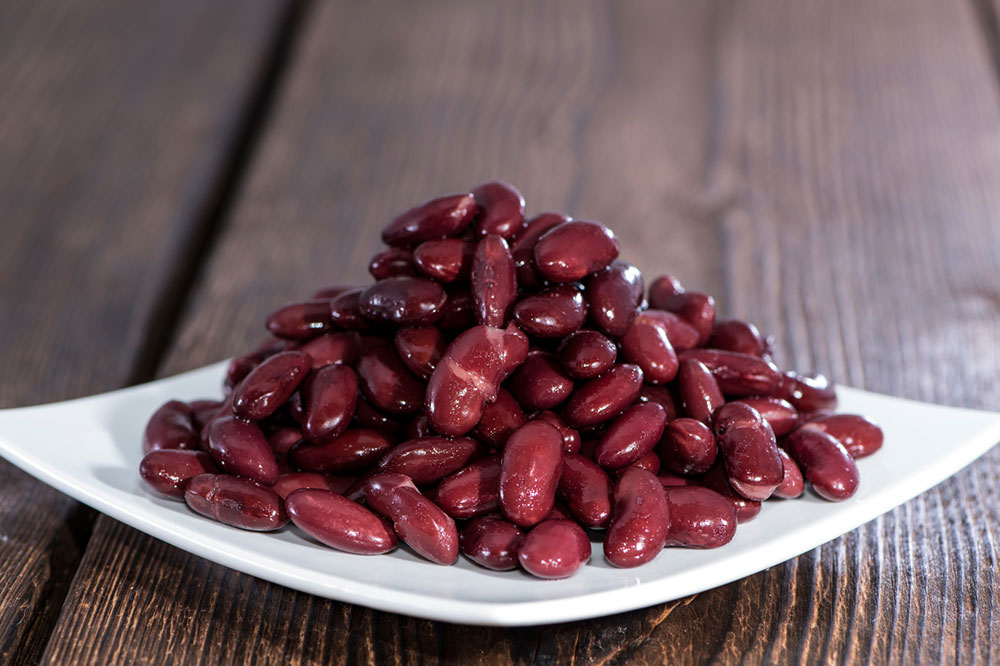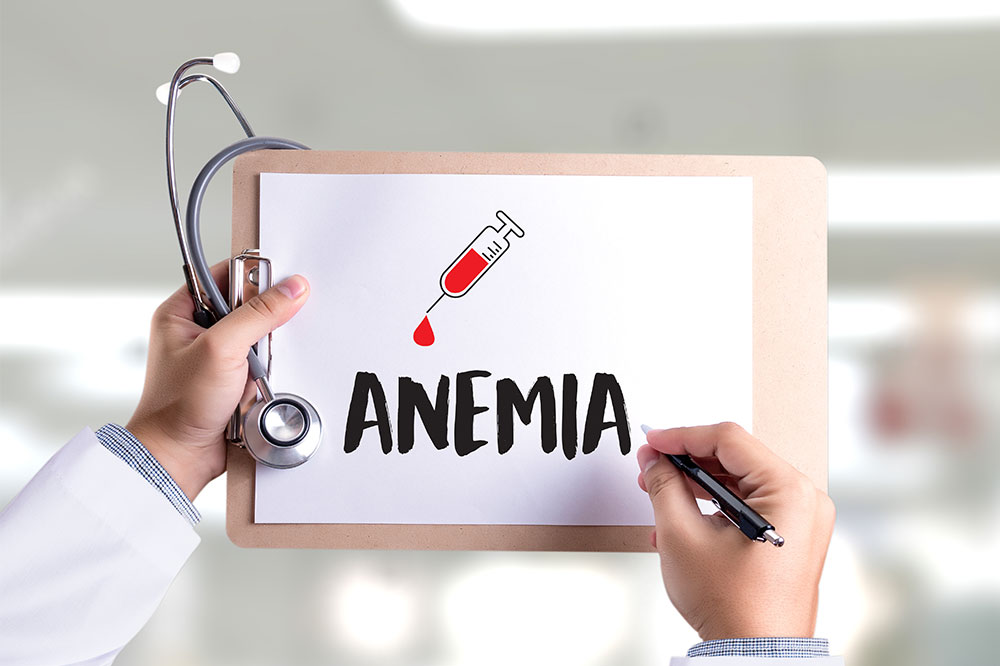Top 3 Strategies for Managing and Treating Anemia
Learn about three effective treatments for anemia, including iron supplementation, vitamin B12 therapy, and management during pregnancy. Early diagnosis and professional advice are essential for proper care and preventing complications.

Anemia occurs when your body doesn't produce enough healthy red blood cells, leading to fatigue and weakness. Identifying its root cause and the specific type of anemia is crucial for effective treatment. Common forms include iron deficiency, vitamin缺乏, ongoing bleeding, pregnancy-related anemia, and bone marrow disorders. Below are three widely recommended treatment options that can help manage anemia effectively.
Iron Supplementation for Iron Deficiency Anemia
When iron deficiency causes anemia, boosting your iron levels is essential. Doctors often recommend daily oral ferrous sulfate tablets to replenish iron stores. Naturally, eating iron-rich foods like dark leafy greens, beans, nuts, and seeds can also support recovery.
Vitamin B12 Therapy for Vitamin Deficiency Anemia
Lack of vitamin B12 causes a common anemia type. Treatment may involve vitamin injections such as hydroxocobalamin administered every other day for two weeks. You can also enhance B12 levels through diet, consuming meats, dairy, eggs, fish, fortified cereals, and soy products.
Managing Pregnancy-Related Anemia
During pregnancy, iron needs increase significantly. If hemoglobin drops below 9 g/dL, anemia is diagnosed. Treatment typically involves taking 60-120 mg of iron daily, alongside a multivitamin with folic acid. Proper management during pregnancy reduces health risks for both mother and baby.
Note: Recognizing and treating anemia promptly is vital for preventing serious health issues. Always consult healthcare professionals for proper diagnosis and personalized treatment plans.










